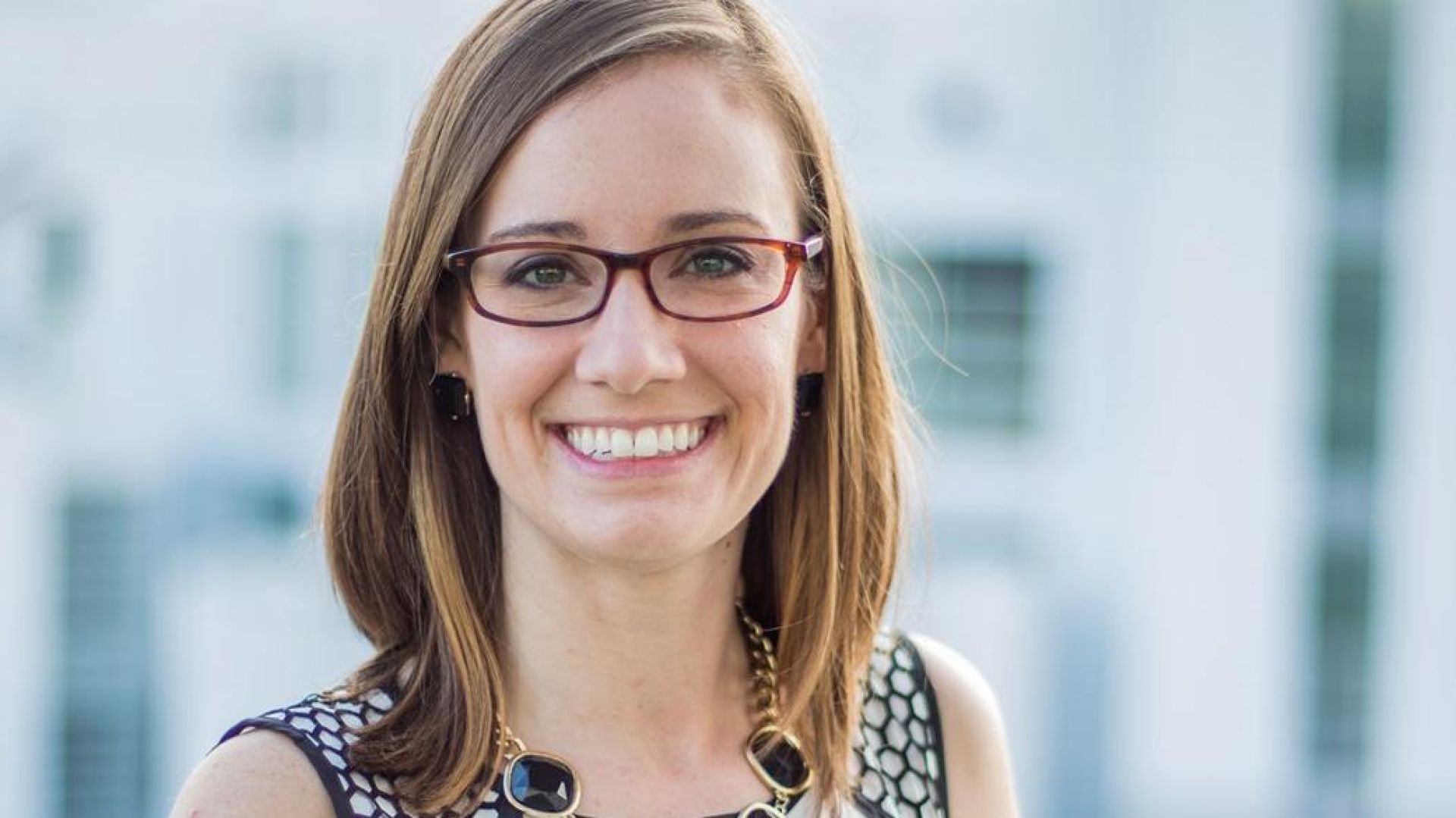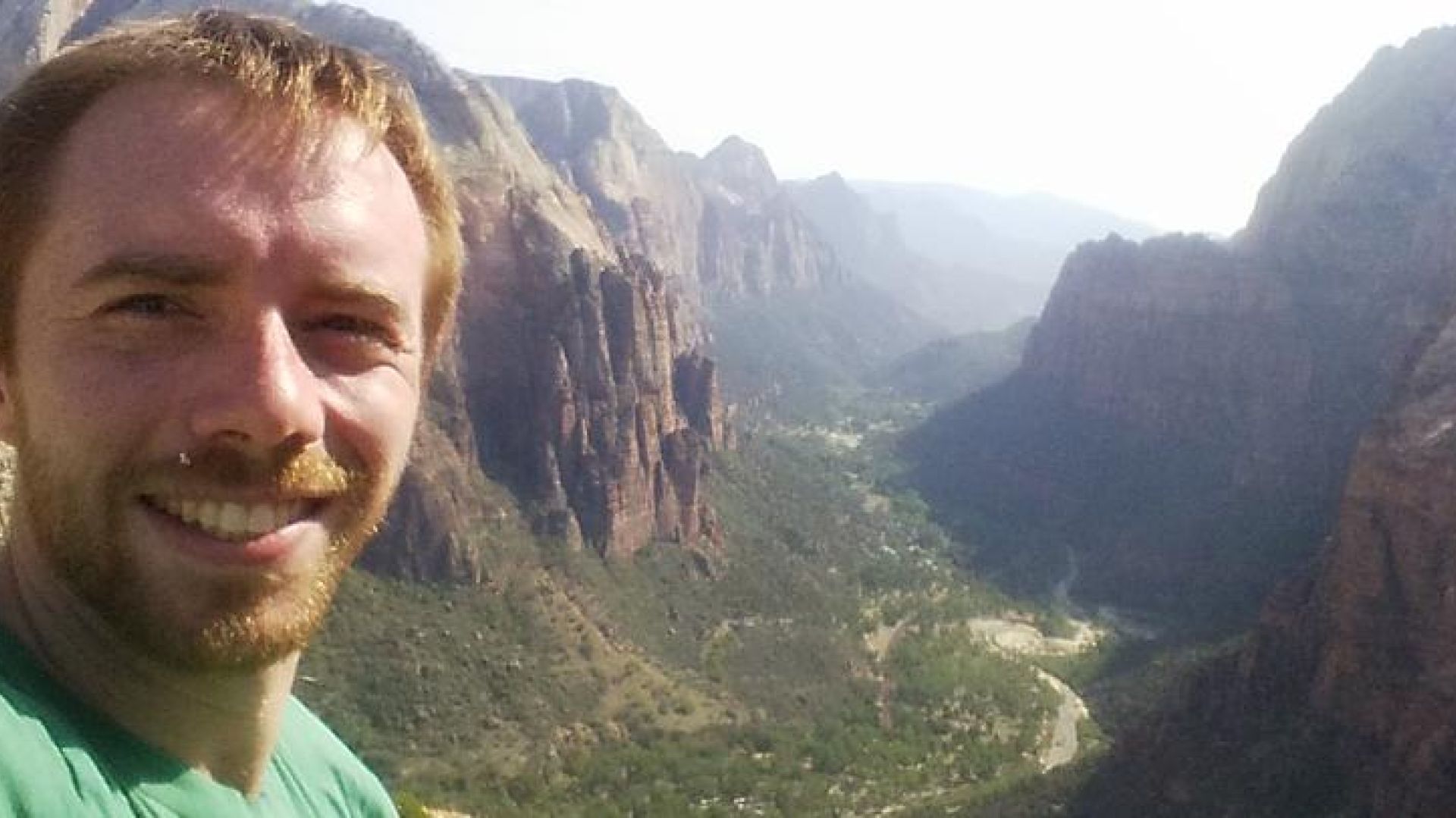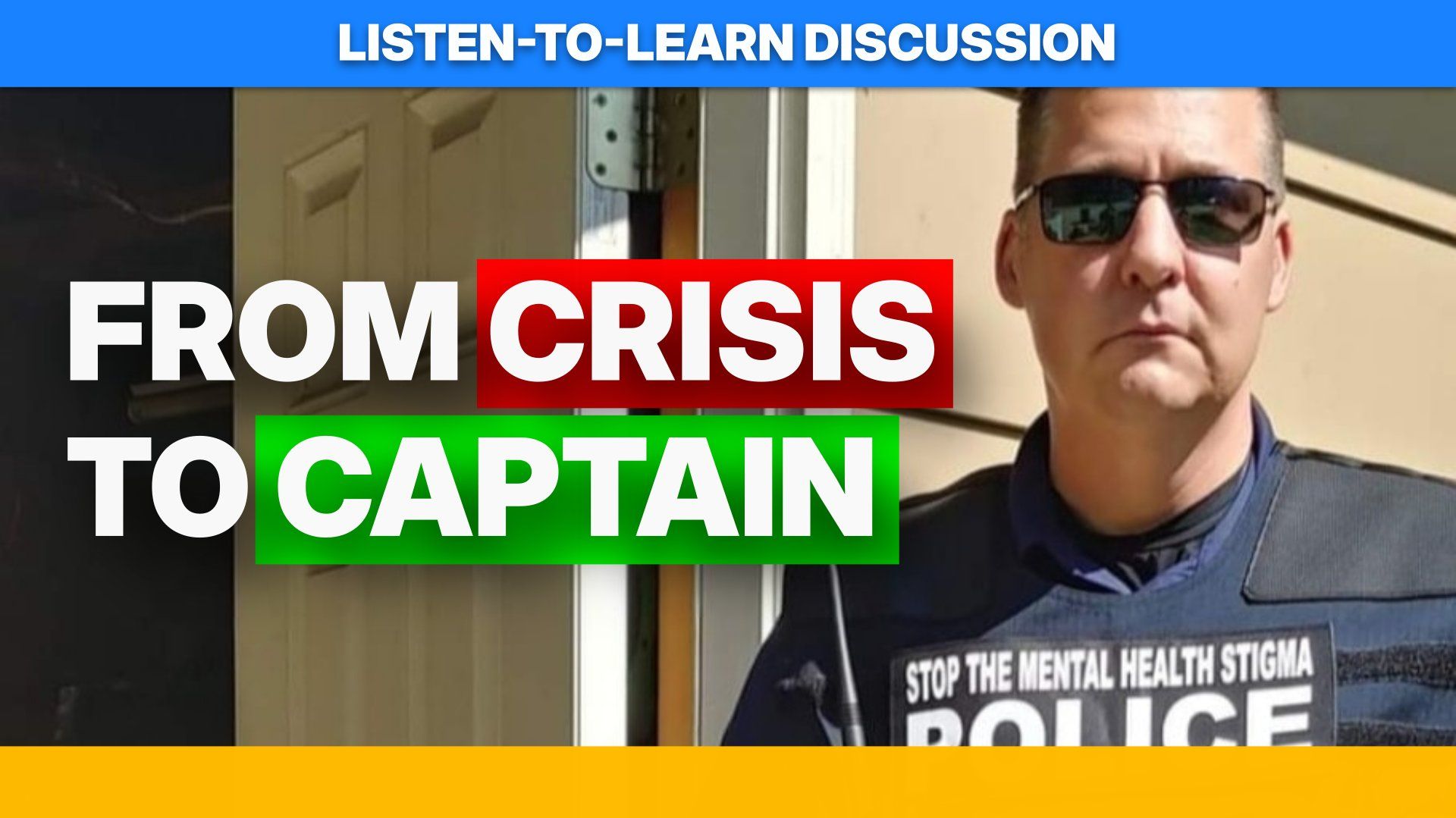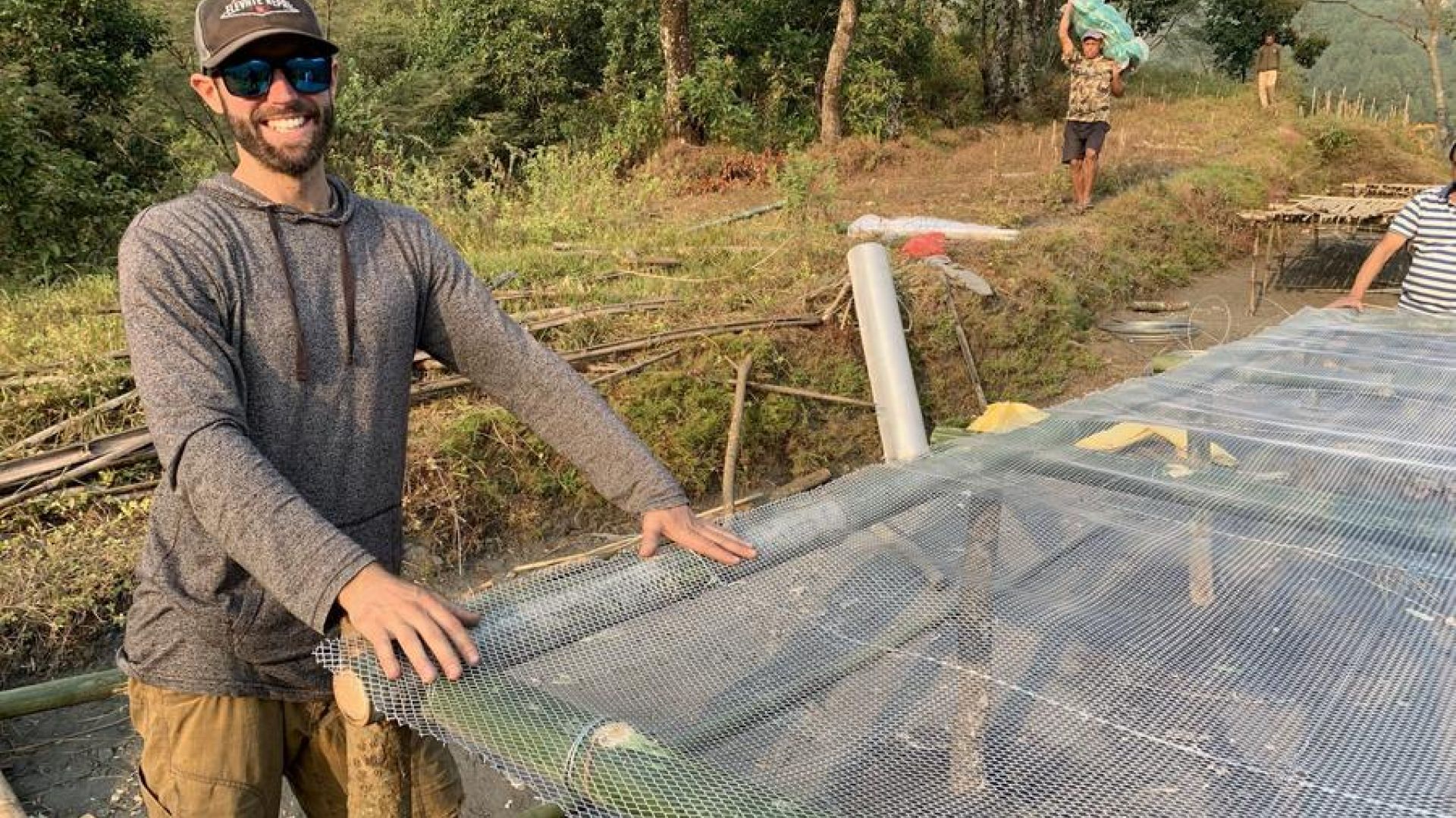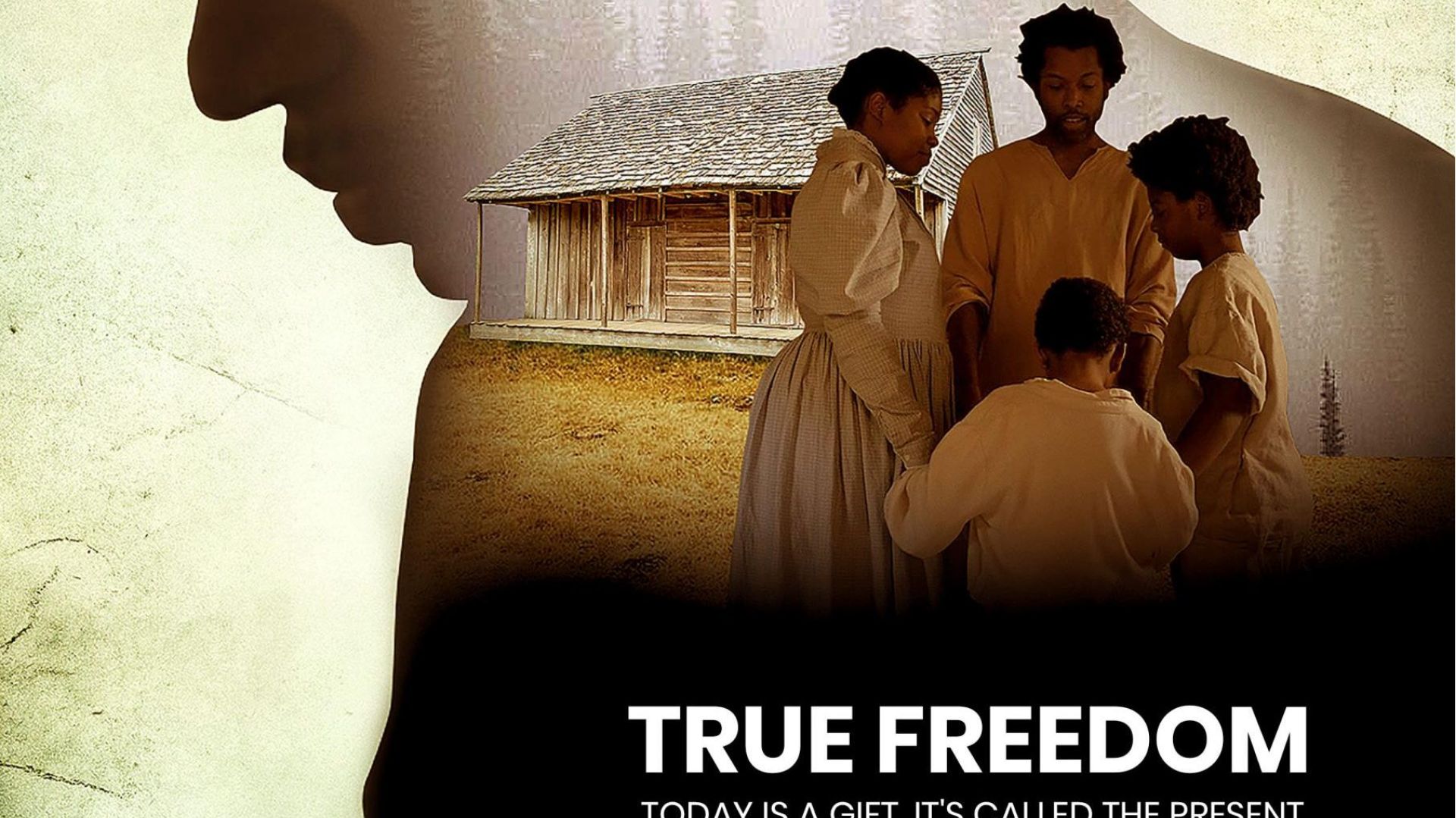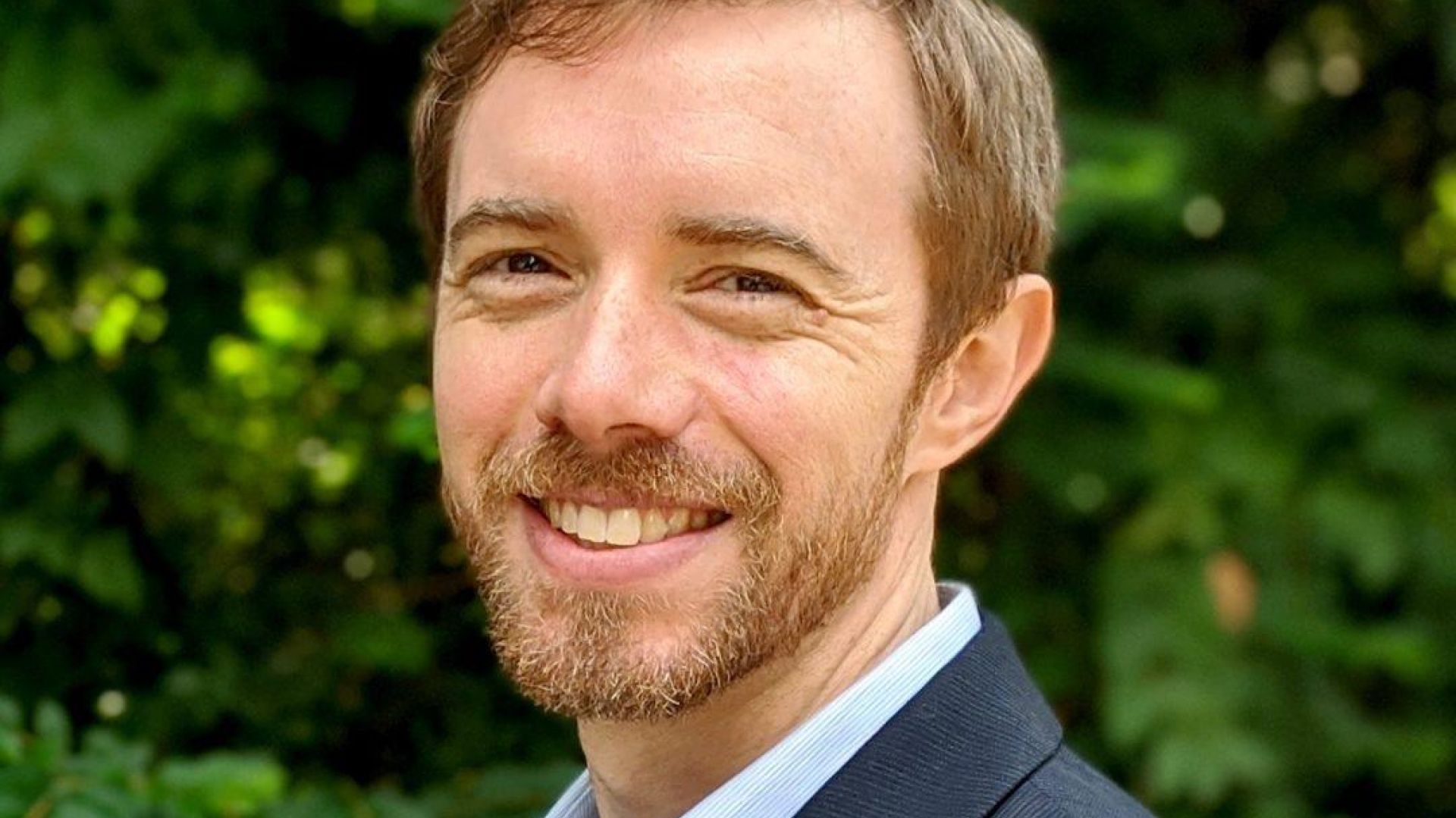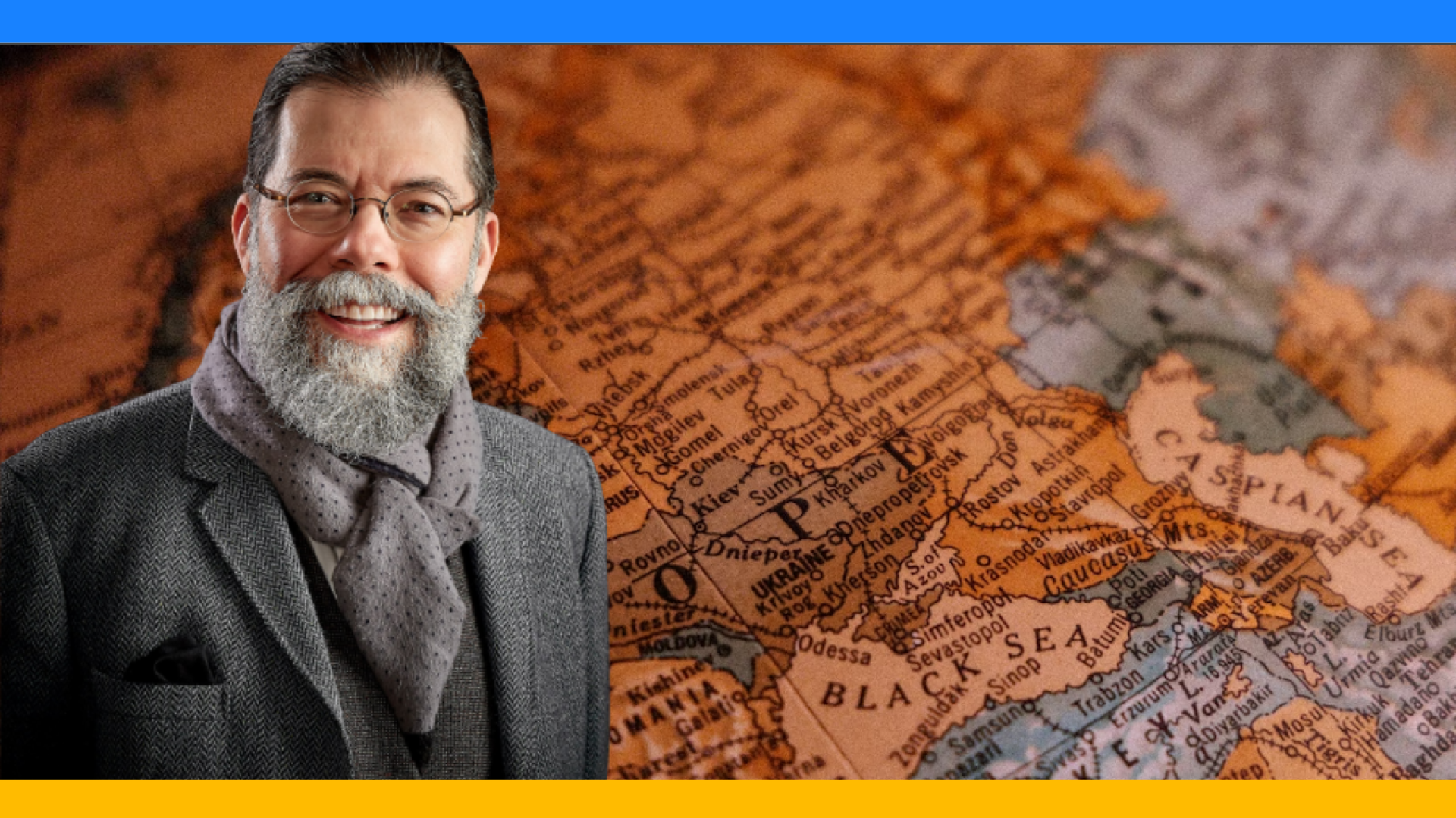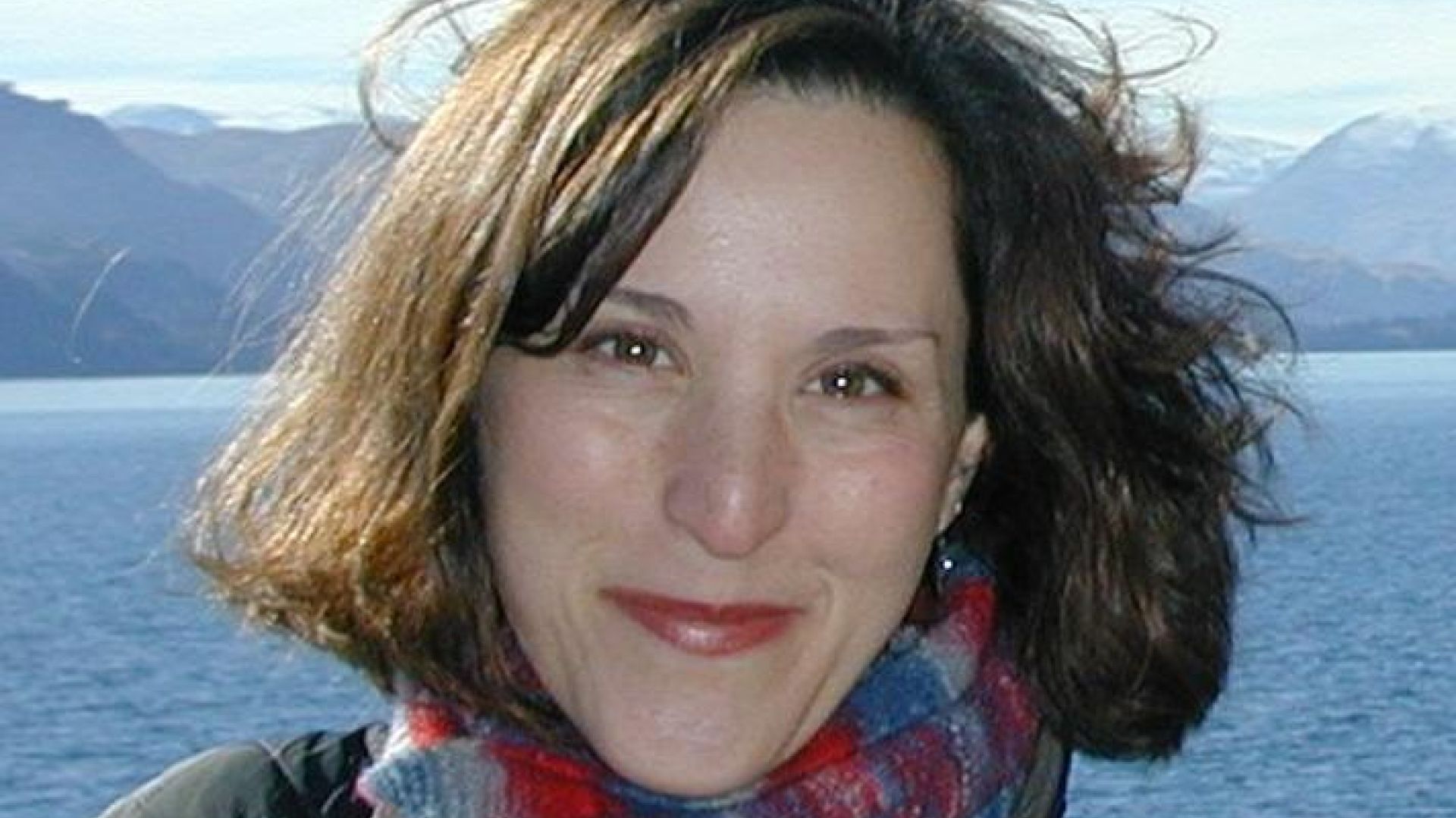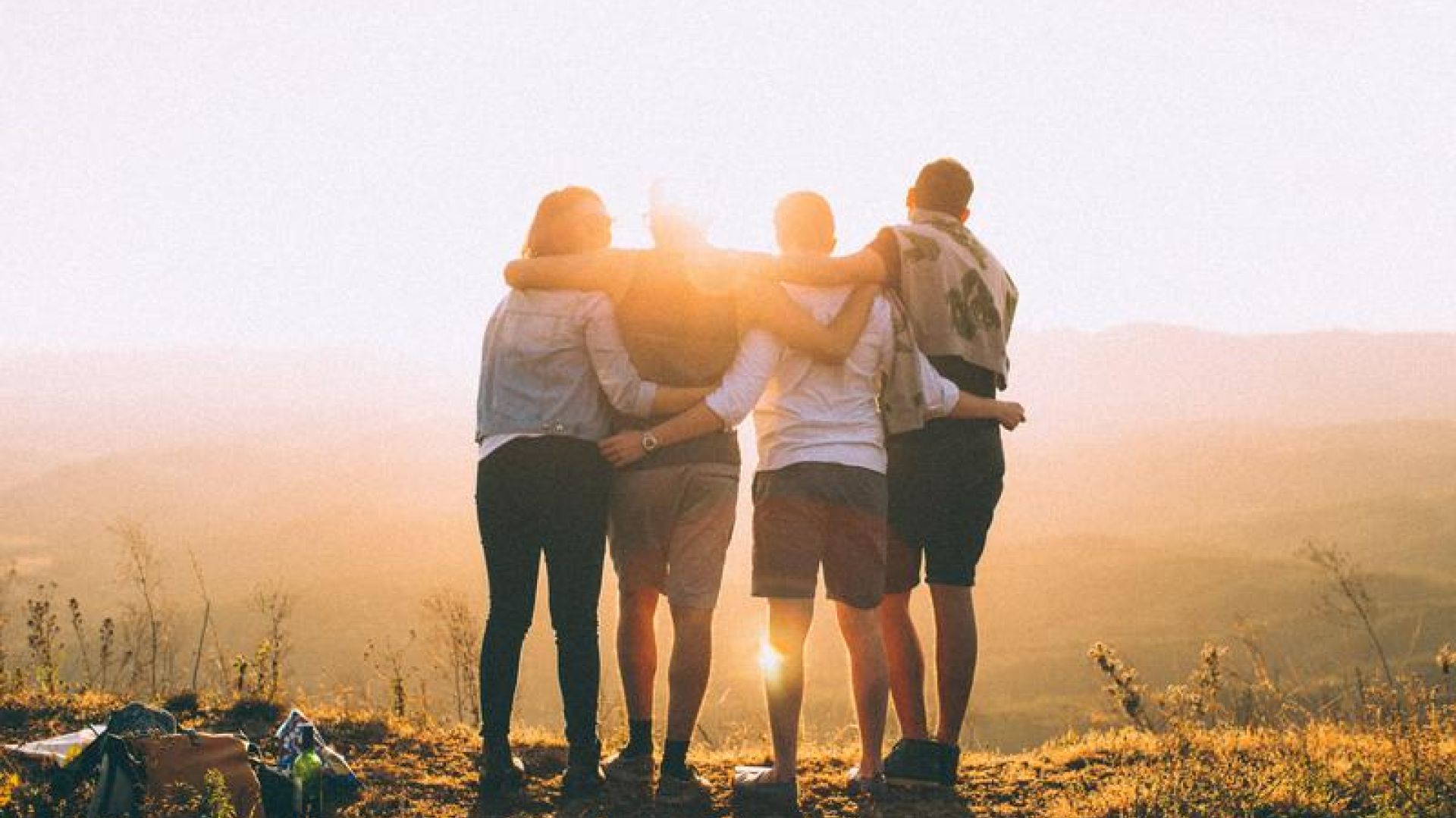
How To Become a Digital Nomad in 2026: Location Independence With Jason Long & Kristen Zalatan

Life is Hard. Business is Challenging. The World is Uncertain.
Leaders, freelancers, and entrepreneurs: Get stories & systems, for navigating the challenges, in your inbox.
Welcome to a listen-to-learn episode of the Share Life podcast. I'm Jason Scott Montoya, and today, I'm here with my friends, Jason Long and Kristen Zalatan where we're going to talk about living the digital nomad lifestyle abroad and how to transition into geographic independence.
Jason Long is an American world-traveling location independent entrepreneur, former private equity CEO, and the founder of Ascendance.coach - an executive coaching company that helps founders with scaling businesses grow into professional CEOs. His fiance Kristen Zalatan helps executives and entrepreneurs with kids, to sort out the logistics of long-term travel abroad. They currently live in Playa Del Carmen, Mexico, and have traveled and lived all across the globe.

Brought To You By SafetyWing
This episode of the podcast is brought to you by our sponsorship partner, SafetyWing. SafetyWing is the digital nomad go-to source for travel medical insurance to provide you with peace of mind as you move around the globe.
What's This Conversation About?
Here are the questions about location independence that we explore in this Listen-To-Learn discussion on the Share Life podcast.
- To get our conversation started, what is a nomad entrepreneur?
- How did you first get into this lifestyle? What was the biggest challenge in the beginning?
- What are the biggest misconceptions people have about being a digital nomad?
- How does someone transition from a traditional job to a remote-friendly one?
- What are some beginner-friendly ways to earn an income while traveling?
- How do you choose your destinations? What factors matter the most?
- What’s your approach to visas, taxes, and financial planning as a nomad?
- This episode is brought to you by our partner, SafetyWing. They provide digital nomads with travel insurance. You've used them before, so let's talk about how you handle health insurance, banking, and other essential logistics while traveling.
- What’s a typical day like for you as a nomad entrepreneur?
- What are the biggest challenges you’ve faced while working remotely from different countries?
- How do you maintain discipline and productivity while constantly moving?
- How do you combat loneliness and build a community as a nomad?
- What are common mistakes new nomads make, and how can they be avoided?
- What’s one piece of advice you wish you had when you started?
Watch: Click here to watch this discussion on Youtube directly, or click play on the embedded video above to begin streaming the interview. Click here to subscribe to my YouTube channel.
Listen: Click here to listen in on Spotify directly, or click play below to immediately begin streaming. You can also find this discussion on Pocket Casts, Itunes, Spotify, and wherever you listen to podcasts under the name, Share Life: Systems and Stories to Live Better & Work Smarter or Jason Scott Montoya.
Connect With Jason Long & Kristen Zalatan
- Jason Long | Website - LinkedIn - Facebook
- Ascendance | Website
- Kristen Zalatan | LinkedIn - Facebook
FAQ
What is a nomadic entrepreneur? A nomadic entrepreneur is a location-independent individual who moves around the world while running a business or working. This lifestyle generally falls into two categories: digital nomads (often single, without kids, moving easily from location to location for short periods, and often working from co-working spaces) and location-independent entrepreneurs (who need a professional setup, travel less frequently, and often spend longer periods in one place, especially if they have children). [01:28] How big a deal is it if one partner wants to live a nomadic lifestyle but the other doesn't? It depends heavily on the specific situation—what the "it" is (the extent and location of travel) and why the reluctant partner doesn't want to go. There are many "flavors" of location independence, so there's usually room for creativity and finding a middle ground that suits both partners' ideal situations and addresses any concerns about stability. [05:48] What are some benefits of pursuing a nomadic lifestyle as a couple? Having a partner can help alleviate the "loneliness" or "extra work" of constantly building new relationships in new places. Additionally, if one partner is a better planner, they can ensure a more enjoyable experience, such as booking better accommodations well in advance. [07:52] Should someone try out the nomadic lifestyle before going all in? Yes, definitely. The interviewees recommend a progression, starting with two-week trips that are more like vacations, then gradually increasing the length of the trips (e.g., six weeks) to force them to "set up their lives" and deal with the realities of working and living in a new place (like finding a gym, grocery shopping, dealing with potential internet or power issues, etc.). [10:07] What are the biggest challenges a beginner digital nomad will face? The biggest challenge is often the planning—thinking through what it will actually look like, and what needs to be figured out before, during, and after the trip. It's crucial to do the legwork upfront to avoid scrambling, inconveniences, or surprises (like poor internet for an important call) that take up time you'd rather spend working or relaxing. As one grows and has children, planning for school and stability becomes even more critical. [19:39] Do you need to be an entrepreneur to be a digital nomad? No, you don't need to be a traditional entrepreneur. While it is easier to be an entrepreneur (or a contractor) because you handle your own taxes and location, many jobs can be performed remotely as a contractor (e.g., software developer, writer, executive assistant). You can often ask your current employer to switch you from an employee to a contractor as long as you handle your own benefits and taxes. [24:53] How should digital nomads approach financial planning, taxes, and visas? For financial planning, figure out a roundabout budget for essential needs and hobbies, and then decide which places make sense. Book flights and long-term accommodations (like an Airbnb with a cancellation policy) well in advance. For visas, many countries allow Americans/Canadians to travel visa-free or on a tourist visa for a reasonable amount of time (e.g., up to 180 days in Mexico), but you must be careful not to overstay. For taxes, if you plan to stay abroad for a long time, you should absolutely consult with an expert to ensure you remain an American tax resident and set yourself up for a tax-advantaged situation. [30:05] How do digital nomads handle health insurance and banking abroad? The interviewees initially used Safety Wing for travel medical insurance for several years due to its easy global coverage. They switched to a more robust full-service global insurance (excluding the U.S.) when they became permanent residents in Mexico, supplementing with travel insurance for U.S. visits. For banking, they stick with American banks that reimburse ATM fees abroad (like Fidelity or Schwab) to avoid the complexity of setting up local bank accounts in different countries. [35:05] How far does the dollar go in a place like Playa del Carmen, Mexico, compared to the U.S.? While Playa del Carmen is on the higher end of cost within Mexico, many services are significantly more affordable than in the U.S. For example, a nanny can cost about a third of the Atlanta price, and a house cleaner can be around $30–$35 compared to over $200. Groceries depend on what you buy; local food staples are affordable, but imported American products can be very expensive. Restaurant meals are often less than in the U.S., and the standard tip is lower (10% to 15%). Other places, like Thailand, are generally much more affordable than Mexico, offering high variety at lower prices. [01:01:40] How can digital nomads navigate safety concerns in different countries? Safety varies dramatically by region. Places in Southeast Asia, like Chiang Mai, often have a very high level of safety where the concept of being robbed doesn't even occur to locals. In parts of Latin America, you need to be more careful, especially at night, and look closely at the specific area you are staying in. A great resource for finding out about safety and other local details is local expat-focused Facebook groups. Another broad resource is Nomad List (nomadlist.com), which rates places on everything from crime to walkability and air quality. [01:08:18] What is the most important advice for someone starting a nomadic lifestyle? Don't let fear influence your decisions too much, as many places with a bad reputation are actually safe and fantastic to visit. Book your accommodations as far in advance as possible (six months is ideal) to secure better places, central locations, and cheaper prices. Finally, be okay with getting outside your comfort zone and ready to embrace the unknown, as new experiences are where you actually grow, and you can always go back home if it doesn't work out. [01:12:34]
